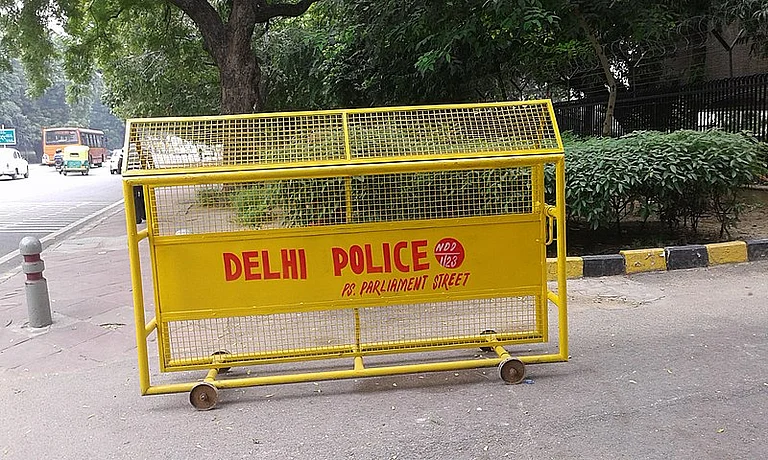The Line of Control bleeds every day. Sometimes its the men in uniform who die, at times innocent civilians. The killings might leave family members wailing, but their screams are invariably buried in the accusations New Delhi and Islamabad hurl at each other. Delhi blames the bloodletting on Pakistan, which it claims wants to internationalise the Kashmir issue especially when US President Bill Clinton is to visit South Asia. Pakistan denies the allegations and, in turn, accuses India of indulging in killings across the LoC.
Gen Pervez Musharraf says Pakistan is not for war with India, he believes Clinton can contribute in defusing the tension in the region. But he also reiterates that talks between the two countries should revolve around Kashmir. "Theres no other dispute with India," he stated in his very first speech to the nation after taking over in Pakistan on October 12, 99. Asked about the heightened tension along the LoC and whether it has anything to do with Clintons visit, most leading security experts and analysts feel it to be an outcome of Kargil. "We have to take an overview of the situation," says M.B. Naqvi, an Indo-Pakistan specialist. "If some armed persons are killing innocent civilians, we must condemn them. But whatever is going on at the LoC, it appears the BJP is desperate, they want Clinton not to speak on Kashmir and not force them to sign the CTBT," he says.
Naqvi, a member of the Pakistan-India friendship forum, believes that post-Kargil, both sides want to maintain the tension and are playing war games with the nuclear tests as the backdrop. "This is something very dangerous and concerns millions of people in both countries. But I dont think theres any understanding between General Musharraf and Clinton," he says. But a retired Pakistan army general, Lt General F.C. Lodhi, believes the Indians are frustrated because of the situation in the Valley. "Theyre disturbed as their military camps are being attacked by freedom fighters. It is getting out of control and they now want to increase tensions on the LoC in order to convince the US that Pakistan is behind the uprising in Indian-held Kashmir," he says. "The sky will not fall down if Clinton doesnt come to Pakistan. Obviously he can play a role, but at the same time the Americans cant ignore the huge Indian market," says the general. "For the first time in 52 years the Indians have come up with a claim on Azad Kashmir, clearly indicating that they want the tension to persist," he adds.
The Director of the Regional Institute of Peace and Strategic Studies (ripss), Brig (retd) A.R. Siddiqui, doesnt think tensions on the LoC have suddenly increased. "Theres never been peace between India and Pakistan. The LoC has never cooled down even in winter. But yes, the tension has increased after India suffered heavy losses in Kargil. India now wants Pakistan to be isolated and declared a terrorist state," he states. Brig Siddiqui also makes another interesting point, "I think the Indian government is under pressure from their own army as well. The recent huge increase in the defence budget is an outcome of the pressure from within. And I really fail to understand why Gen Musharraf would want to play up tensions at the Loc before Clintons visit. Clinton isnt naive and the Americans know what is going on," he says.
Speaking about the possibility of mediation, defence analyst M.H. Askari avers that "India is not ready for talks and mediation is not a possibility in the present circumstances. But Clinton can play a role to defuse the tension, one just has to wait and see the outcome of the visit," he says. Ghazi Salauddin, a leading journalist, also believes that there can be no early end to the crisis. But Baseer Naveed, a peace activist, has a different vision. "The people of Pakistan want friendship with India but they believe the BJPs and Vajpayees survival lies in keeping tensions alive. When such parties are in power, its a difficult situation for peace lovers," says Baseer, whos attended a number of peace conferences in India. "On the other hand, the military takeover in Pakistan has further bleakened chances of a dialogue. The survival of future generations is at stake. How can both governments be so irresponsible in dealing with unresolved conflicts?" he asks. Both sides, it seems, have little time for such questions.

























